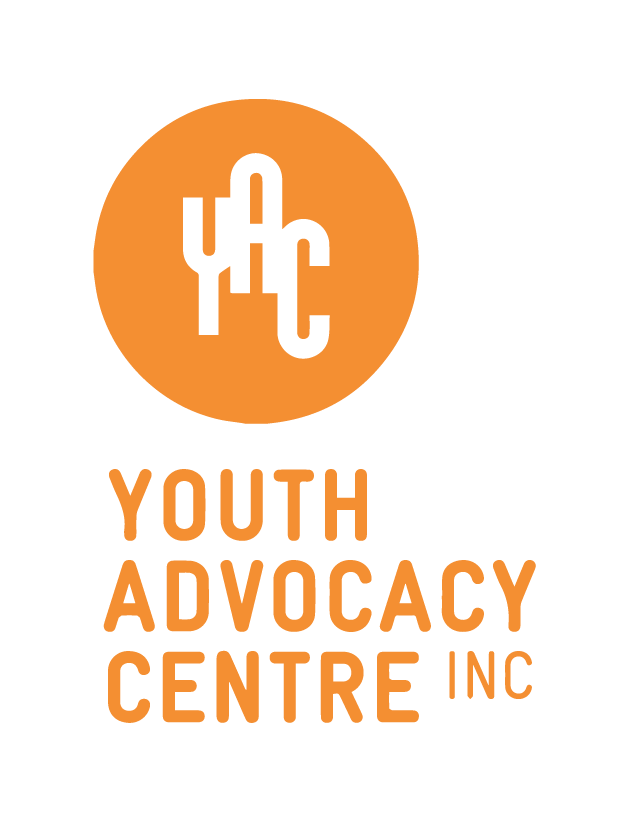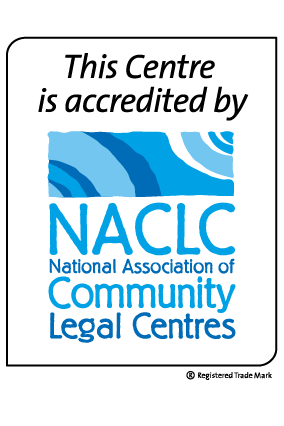Raising the age of criminal responsibility
We summaries the issue of raising the age of criminal responsibility in our Orange Paper 3.
Below is the executive summary from the paper.
Executive Summary from OP3 - Minimum age of criminal responsibility
Youth Advoacy Centre (YAC) supports raising the minimum age of criminalresponsibility (MACR) in Queensland from 10 to 14 years without any carve-outs fortypes of offenders or offending. The case for raising the age is well supported byresearch and literature and across a range of professions.
Ten-year-olds are in Grade 5 and still in primary school. Thirteen-year-olds are in Grade 8 and commencing the move to adolescence. Children should be at home, in school, and participating in family and community activities. They do not belong in police stations, courts, and detention centres.
A legal response is not useful in addressing the causes of offending behaviour, which are essentially developmental and social welfare issues, particularly in relation to younger children. Addressing the causes of offending needs a multidisciplinary response – hence YAC’s operational model, which includes legal, bail, court, youth, homelessness and family support services.
Key points in support of raising the age include:
- Contrary to media reports, there is no youth offending crisis.
- Children’s brains are not the same as adults’ brains. Brains are not fully mature until around 25 years of age.
- There is a range of environmental factors which affect the maturing process of the brain over which children have no control. Some of these factors put children at greater risk of offending behaviour.
- Children are also dealing with physical and emotional changes as they enter adolescence.
- The criminal law applies to children in substantially the same way as it applies to adults. The legal processes in the criminal justice system have only been slightly modified for children – the ‘youth justice system’.
- The civil law provides protections to children on the basis of their immaturity and vulnerability, while at the same age the criminal law prosecutes children.
- The legal concept of 'doli incapax' should protect the 10–13-year-old age group, but it has failed to do so in Queensland.
- The UN Committee for the Convention on the Rights of the Child has set the age of 14 years as the MACR and has criticised Australian jurisdictions for the use of 10 years.
- The younger a child enters the justice system, the more likely it is that they will remain in it.
- Aboriginal and/or Torres Strait Islander children are significantly over-represented in the justice system and the younger the child, the greater the over-represented in the justice system and the younger the child, the greater the over-representation. All Australian jurisdictions have agreed a Closing the Gap target to reduce this.
- Children in the care system, particularly those in out-of-home care, are over-represented in the youth justice system, often for offences which are related to their care situation.
- Youth detention centres (YDCs) are prisons for 10–17-year-olds. Like all prisons, they may exacerbate rather than address offending behaviour.
- Over 85% of children in Queensland YDCs are on remand, that is, their court matter is yet to be finalised. They may not receive a sentence of detention.
Providing more beds in YDCs and remanding more children in custody is not a solution to addressing the factors putting children at risk of behavioural problems or supporting children’s positive development. Amore effective response for addressing offending behaviour in children, underpinned by a set of key principles, would be:
- Prevention and early intervention: the best response would be an approach which preventsdevelopment of problem behaviours, or enables them to be addressed very quickly, through a rangeof universal and targeted services and supports for children and their families. This links with theGovernment’s stated aim of a 'great start for all Queensland’s children'.
- Diversion: provide supports and services to children and their families to assist in diverting children toa more positive life path where their behaviour is causing concern and was not identified early enoughfor prevention and early intervention.
- A justice reinvestment approach: would support prevention, early intervention and diversionaryservices and supports for 10–13-year-olds and their families. This community-led approach has beenused successfully in Bourke, NSW.
YAC calls for an evidence-based response, supported across the Parliament, whichdoes not continue to politicise youth justice and our children
Contact YAC
Street address: Level 4, 16 Peel Street, South Brisbane Q 4101
Mailing address: Level 4, 16 Peel Street, South Brisbane Q 4101
Tel: (07) 3356 1002
Bussiness hours: 9am - 5pm, Mon - Fri

If you need urgent assistance outside of these hours:
- Youth Legal Advice Hotline 1800 527 527 (Mon to Thurs 8am - 9pm, Friday 8am to Sunday 5pm)
- Kids Helpline 1800 551 800 (24/7, 365 days per year)
- Lifeline 13 11 14 (24/7, 365 days per year)
- Homelessness Hotline 1800 474 753 (24/7, 365 days per year)
- If you are over 18, and seeking access to Mental Health Services in Queensland, Acute Care Team on 1300 MHCALL (1300 64 2255).


